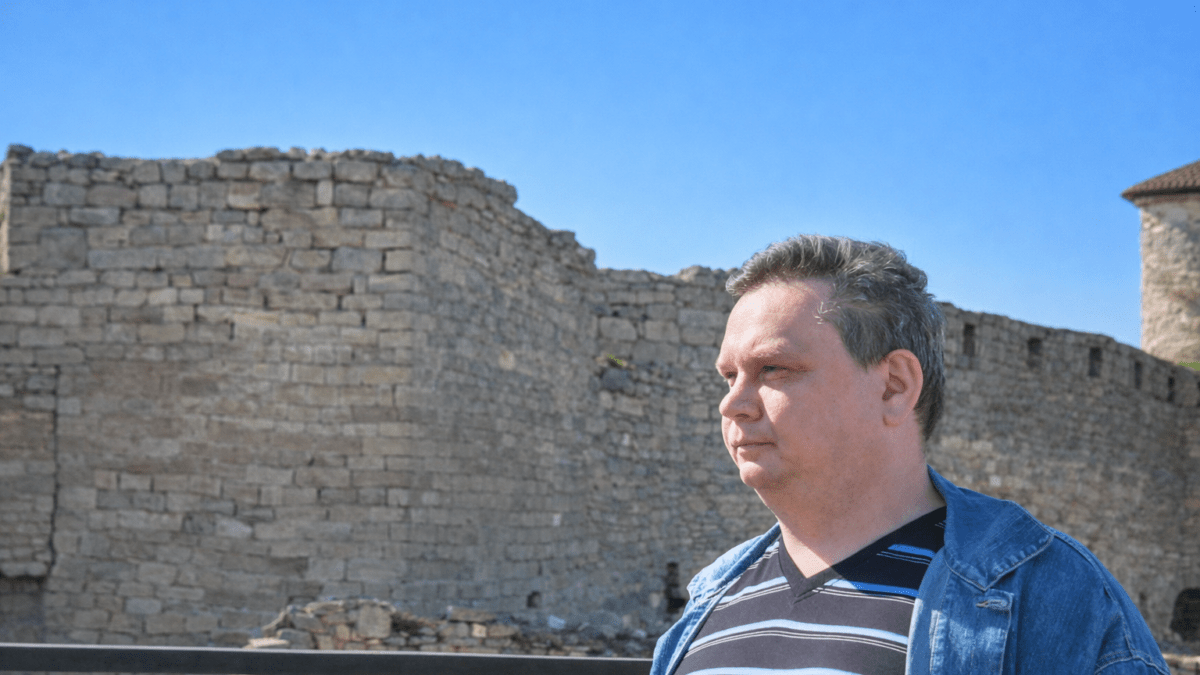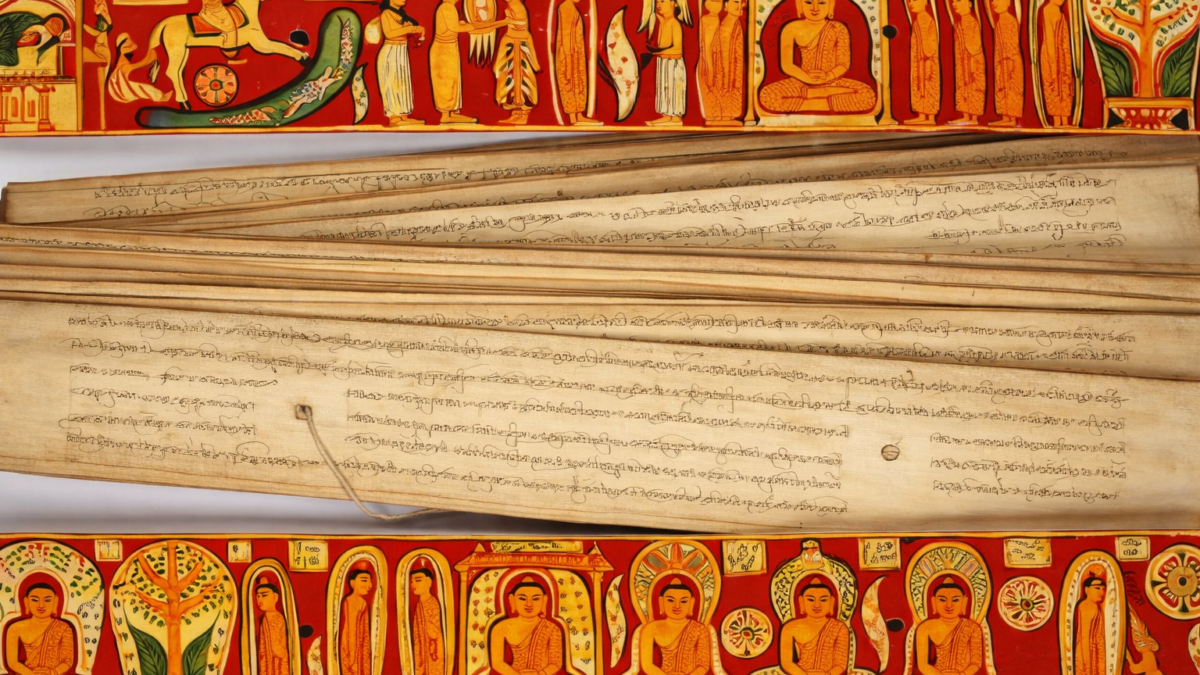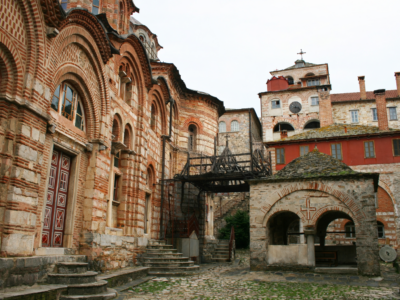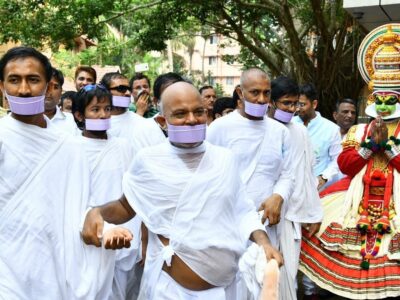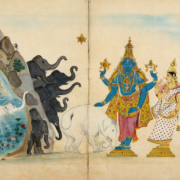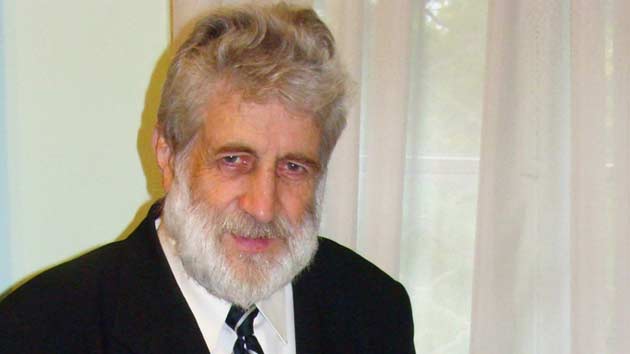
It is worth noting that the position of the national culture and literature of Bulgaria was twofold — on the one hand, the influence of Muslim culture, which brought the Ottoman Empire in the XIX century complemented the development of Bulgaria, on the political — was replaced. Hristo Botev was one of the first who earlier set the goal of reviving Bulgarian culture, including writing. However, Bulgarian culture lacked a well — founded philosophical — worldview concept that could show the worldview of the Bulgarian revival more rationalistic and logical, and in particular, to present it on the international background, especially among the philosophy of the Slavic peoples. One of those who managed to do it quite successfully was the Bulgarian scientist Peter Beron.
Information about when exactly the thinker was born is still unknown. According to some sources, Peter Beron (Petar Hadji Berovich) was born in 1800 in the Bulgarian town of Kotel. He received his primary education in a church-parish school. At that time, Bulgaria was part of the Ottoman Empire, and Turkish culture was on a par with Bulgarian. This was one of the features that forced the scholar to study Bulgarian philosophy, to revive and show the uniqueness of Bulgarian culture. As a young man, Peter Beron lived for some time in the city of Brasov, and then engaged in education. It should be noted that Peter Beron was one of the first Bulgarians to receive a quality European education. At the age of 20, the future scientist worked hard at various jobs, and then moved to Romania in Bucharest.
While living in Greece, Beron entered the university and studied in depth medicine, exact sciences, natural sciences and philosophy. The future scientist and cultural figure has the opportunity to listen to philosophy in the teachings of Friedrich Schelling and Lorenz Oken. He later received a quality education in Germany and in 1831 received a doctorate. After this. Peter Beron returns to Romania and lives a lot in various European cities, which allowed him to master 9 foreign languages. He wrote to five of them. In European universities he presented papers, reports on science and philosophy. While in England, the thinker introduced a fire-fighting system, and was one of the first to anticipate radio communications and, along with Marconi or Popov, had his own remote data development. He teaches at the Sorbonne, where he has established himself as Pierre Beron and is a chemist. Beron renounces his citizenship while remaining a subject of the Turkish sultan. However, medicine was not the only thing that became the basis of the scientific life of the scientist. In 1824, in Brasov, Transylvania, Peter Beron published the so-called «Fish alphabet» in the new modern Bulgarian language. And this was a serious breakthrough in the spiritual and cultural consciousness of the Bulgarians. The reason why its Bulgarian printed alphabet was called fish was not only because the letters resembled the shape of fish, but also from a commercial point of view, because the publication of the alphabet was invested by fishmongers.
The uniqueness of the publication lies not only in the presence of letters of the alphabet, but also in-depth knowledge of arithmetic, physics and astronomy, biology and chemistry, etc. The alphabet consists of 8 sections, as evidenced by its informative richness. The first section should be regarded as an introductory part, in which much attention is paid to parts of the Bulgarian language, including nouns, verbs and others. The alphabet is also devoted to religious education, in particular, the second chapter is devoted to prayers, as evidenced by the Orthodox Christian roots of the Bulgarian people. The next two sections of the alphabet are devoted to the catechetical teaching of the child in the form of questions and answers. In 1842 the following section was added and devoted to fables as a form of children’s upbringing. The following sections were devoted to the exact sciences, natural sciences and animal life. Such information was provided by Beron quite popular and accessible to both children and adults. Undoubtedly, at that time in the Bulgarian lands of the Ottoman Empire, such a publication was a real revolution without exaggeration. Peter Beron presented the publication for the Bulgarian diaspora, for the new Bulgarian school, which abandoned the traditional method of teaching.
After the publication of the fish alphabet, the scientist was also supported by the Bulgarian businessman and doctor from Odessa Vasil April. Prior to the publication of the Beron alphabet, almost to the age of 40, April was convinced that the Bulgarian national revival would be impossible without Hellenization, without the integration of Bulgarian culture among the Greeks. In the position of Vasily April, everything changed after the release of the fish alphabet. Beron was also supported by a Russian historian who was fascinated by Bulgarian culture, Yuri Venelin. Venelin’s scientific work «Ancient and present Bulgarians» in 1835 on his initiative the first Bulgarian school of a new type was opened. Russian Slavic scholar Yuri Venelin put it this way about Beron’s Bulgarian alphabet: «I have not seen a single alphabet in Russian that could be proudly equated with this book, which is quite instructive.» This gave impetus to the printing of the Bulgarian language in the 30’s in the Ottoman Empire. Some of the works have been translated from Turkish and Greek and published in Wallachia and Serbia.
Many ecclesiastical and educational literature began to be published in the native language of the Bulgarians. In particular, in 1842 in Smyrna Bulgarian K. Fotinov began to publish the first magazine in Bulgarian — «Lyubosloviya» (a total of 24 issues were published in 1842, 1844-45 and in 1848.). The founder of the first Bulgarian newspaper, published in 1846 in Germany among the Bulgarian diaspora, was Ivan Bogor (three issues published). In 1848, Bogor began publishing the Constantinople Herald in Turkey, which was published until 1862.
As we can see, the Beron alphabet was a real breakthrough in the development of culture. The revival of the spiritual life of Bulgarian society led to the formation of new cultural institutions — «community centers». Existed until the middle of the XIX century. in several dozen Bulgarian cities and centers of the Bulgarian diaspora «community centers», which combined the functions of schools, libraries, clubs, where performances were staged, lectures were given, discussions were held.
Reviving Bulgarian culture and promoting the uniqueness of the Bulgarian language, Beron tried to understand the origin of any language. Exploring the formation of language in primitive society, Beron singles out glossolalia and exclamations as the first stage of language formation. Every language evolves and develops like the glossolalia of infants, who cannot form a clear language, grammatically correct the structure of the sentence, but are already trying to convey information to others. However, during development, language acquires a structural characteristic and is an integral part of thinking.
The field of activity of the Bulgarian scientist is quite diverse and wide. Beron has established himself not only in Bulgaria but also in Europe as a professional doctor, psychologist, linguist, and naturalist. In 1855 his work «Slavic Philosophy» and «Panepistemia» (1861 — 1867) were published. In it, for the first time, he systematically showed the role of Bulgarian philosophy among other Slavic philosophies of other nations. His philosophy was deeply rationalistic and far from any metaphysical speculation. Among the most famous works of the thinker are — «Primer with various teachings» (1824), «Krasnopisie» (1843), «System of Atmospheric» (1846), «System of Geology» (1846), «Physical Chemistry» (1870). Beron’s creative legacy includes more than 25 volumes.
«Panepistemia» was written by Beron in French and it sets out the point of view of the cultural peculiarity of each nation and sets out the position not to be ashamed of his own. Beron was also one of the first to formulate the concept of synergetics about the unity of sciences, thus raising the question of a single subject of study.
After publishing the alphabet and his philosophical works, Beron continued to educate Bulgarians and finance Bulgarian schools. On his initiative, many Bulgarian schools were opened, as well as a gymnasium in Kotel. He laid the foundations of education for girls. He loved working with children knowing the intricacies of child psychology.
The famous thinker died on March 21, 1871 in Craiova, Romania, leaving a significant contribution to Bulgarian philosophy and culture. The banknote with the image of Peter Beron was awarded a denomination of 10 levs in 1999 and was issued by the National Bank of Bulgaria.
Dr. Eugene Raspopov

